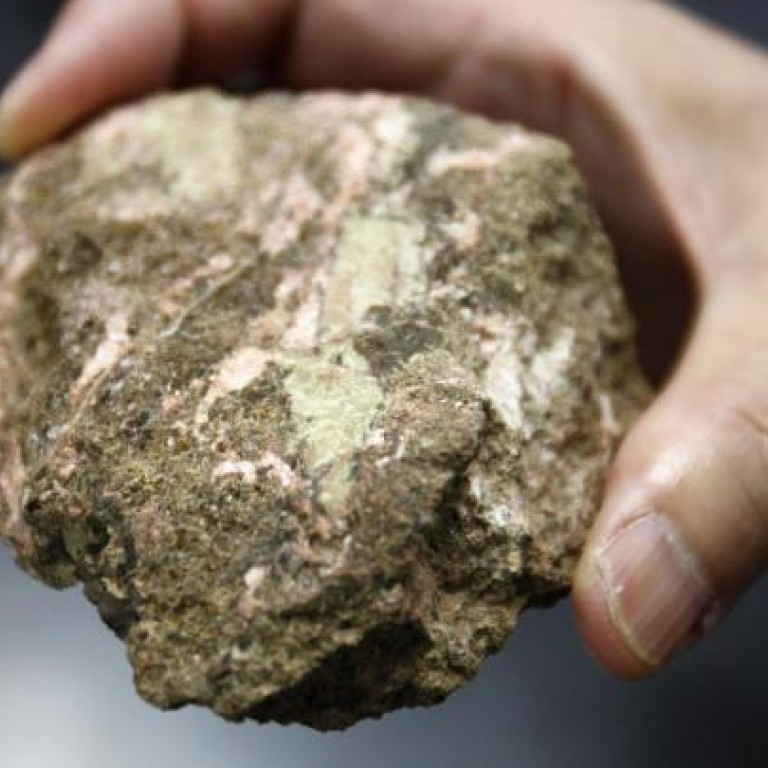
Pentagon and Toyota unite in bid to crack China's rare-earth cartel
The Pentagon and Toyota are joining forces with established Canadian interests to develop North American mines and boost supplies
The Pentagon and Toyota Motor Corp are trying to crack China's global monopoly on mining the most valuable rare earths used in unmanned military drones and electric car motors.

Foreign buyers are being driven to find alternative producers after China slashed exports in 2010, partly to conserve material for its own industries. China supplies about 95 per cent of global demand, triple its market share of 1990, presenting a risk for foreign makers of the next generation of wind turbines and environmentally friendly lighting technology.
"People won't make a decision on manufacturing something if they don't know their supply is reliable," said Jack Lifton, a senior fellow at the Institute for the Analysis of Global Security, which studies the links between energy and security. "If you had a reliable American supply of heavy rare earths, General Electric might decide to make magnets in the US."
Of more than 400 proposed rare-earth mines around the world that are tracked by Technology Metals Research, only five or six have enough heavy rare earths and are sufficiently advanced in their development to have a shot at making it into production, said Gareth Hatch, a co-founder of the Carpentersville, Illinois-based firm.
"The race is which deposit will be first at the finish line," said Andre Gauthier, chief executive of Montreal-based Matamec.
There are risks in early-stage mining projects like those planned by Matamec and Ucore. Development requires raising hundreds of millions of dollars of funding. Mining rare earths is "incredibly complex", said Chris Berry, founder of New York-based researcher House Mountain Partners.
"The major risk is the understanding of the metallurgy and successfully separating each of the rare-earth elements," he said.
Rare-earth prices and stocks have been volatile over the past two years. The commodities have slumped since the middle of last year, having surged as much as 10-fold following Chinese export curbs. Molycorp Inc, which plans to produce rare earths in California, quintupled in less than a year after a July 2010 initial public offering. The company now trades below its IPO price.
That has not stopped exploration companies outside China touting their potential for producing heavy rare earths such as dysprosium and terbium, all of which are harder to find and therefore pricier than so-called light rare earths.
Toyota's Toyota Tsusho trading unit has a 49 per cent stake in a joint venture with Matamec and is funding the feasibility study at the Kipawa project in Quebec. Toyota will harvest dysprosium from the mine, while other deposits on the same property also could be developed, Gauthier said.
Kipawa's initial heavy rare-earth output will be about 2,000 tonnes and may rise with further exploration on the property. Matamec is operating a pilot plant at the site. Estimated capital expenditure will be about US$315 million, according to Edward Otto, an analyst at Cormark Securities Inc.
"We think there are places for two to four heavy rare-earth deposits in the world outside China," Gauthier said. "The first can reach better agreements with end-users."

